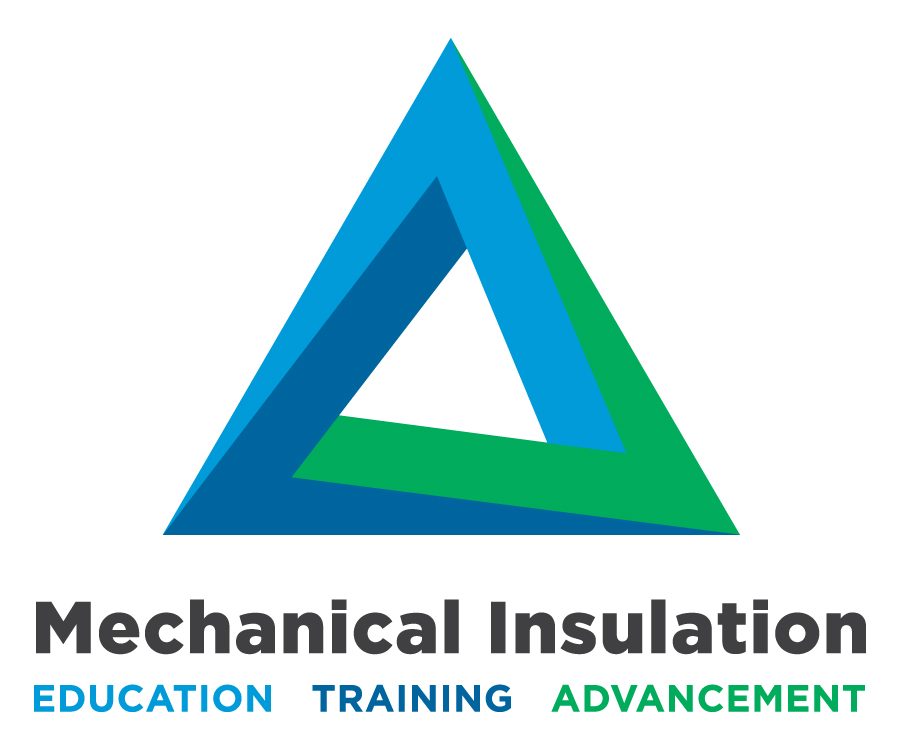
Content Development for NIA's Education Center
The Foundation is funding the development of the following on-demand microlearning topics, available within NIA's Education Center:
- Advantages of Association Membership
- Breathable and Non-Breathable Coverings
- Difference between QA/QC and Inspection
- Emittance
- Fitting Factors—What Are They and Why/How Are They Used?
- Gross Margin versus Markup
- Hydrophobic, Hydroscopic, and Water Resistant
- Insulation Product Categories
- K-, R-, and U-Values
- LEED Credits and Mechanical Insulation
- Measure through Methodology
- Moisture Barriers, Moisture Retarders, and Condensate Barriers
- Passive Fire Protection versus Fire Protection
- Product Density versus Compressive Strength
- Protective Coverings – Categories
- Protective Coverings – Types
- Simple Calculators
- Understanding Different Types of Contracts
- Use Temperature
- Vapor Stops
- Water Vapor Permeability
- What Constitutes the Basis of a Contractual Claim?
- Work-In-Progress (WIP) Calculations

U.S. Department of Energy (DOE) Requests for Information (RFI)
On occasion, the Foundation responds to requests for information (RFI) from the U.S. Department of Energy (DOE). When appropriate, the Foundation provides information about resources that the National Insulation Association can provide and the educational and training opportunities available to answer the challenges presented in the RFIs.
September 2022, Request for Information on Barriers and Pathways to Integrating Onsite Clean Energy Technologies in the Industrial Sector, DE-FOA-0002830
Purpose: The purpose of this RFI is to solicit feedback from industry, academia, research laboratories, government agencies, utilities, and other stakeholders on issues related to the deployment of onsite clean energy and storage technologies, including solar, solar thermal, wind power, renewable fuels, geothermal, battery storage, and thermal storage, at industrial facilities. EERE is specifically interested in information on the key barriers that manufacturers are encountering during technology evaluation and implementation of clean energy projects. EERE is also interested in the current state of knowledge and uptake of onsite clean energy technologies, existing technical assistance and resources for project evaluation and deployment, and potential pathways for accelerating the integration of clean energy technologies in the industrial sector.
- Click here to review the Foundation’s response
May 2022, Bipartisan Infrastructure Law (BIL) - Request for Information on Energy: Improvements at Public School Facilities, DE-FOA-0002715
Purpose: The purpose of this RFI is to solicit feedback from LEAs, school staff, states, local governments, energy service companies, clean energy finance providers, labor unions, service providers, utilities, researchers, community partners, manufacturers, and other stakeholders on issues related to program development and execution of BIL Section 40541. EERE is specifically interested in information on 1) capacity development and technical assistance needs of applicants and their stakeholders and partners; 2) how to define, support, and leverage the needs assessments required of applicants; 3) appropriate criteria and metrics; 4) workforce development and supporting high-quality jobs; 5) potential partnerships structures and models to achieve the goals of the provision and maximize impact; and 6) pathways and models to leverage the financial investments to reach more facilities and achieve deeper impact.
- Click here to review the Foundation’s response
May 2022, Bipartisan Infrastructure Law (BIL): Request for Information: Resilient and Efficient Codes Implementation (RECI), DE-FOA-0002755
Purpose: The purpose of this RFI is to solicit feedback from state and local government agencies, building officials, contractors, designers, builders, other industry representatives, community organizations, academia, research laboratories, and other stakeholders on issues related to building energy policy implementation. EERE is specifically interested in information on the Resilient and Efficient Codes Implementation FOA goals and design. A description of this potential RECI FOA and key questions posed in this RFI are outlined in the following sections.
- Click here to review the Foundation’s response
February 2022, Request for Information on Industrial Decarbonization Priorities, DE-FOA-0002687
Purpose: The purpose of this RFI is to solicit feedback from industry, academia, research laboratories, government agencies, and other stakeholders on issues related to research, development, demonstration, and deployment of technologies to address the technical challenges related to emissions reduction and decarbonization of the U.S. industrial sector. EERE is specifically interested in information on aspects of industrial decarbonization associated with key industrial sectors, including chemicals, iron and steel, food and beverages, and cement, in addition to other manufacturing industries or crosscutting technology areas that would have a substantial level of emissions reduction in the industrial sector.
- Click here to review the Foundation's response
